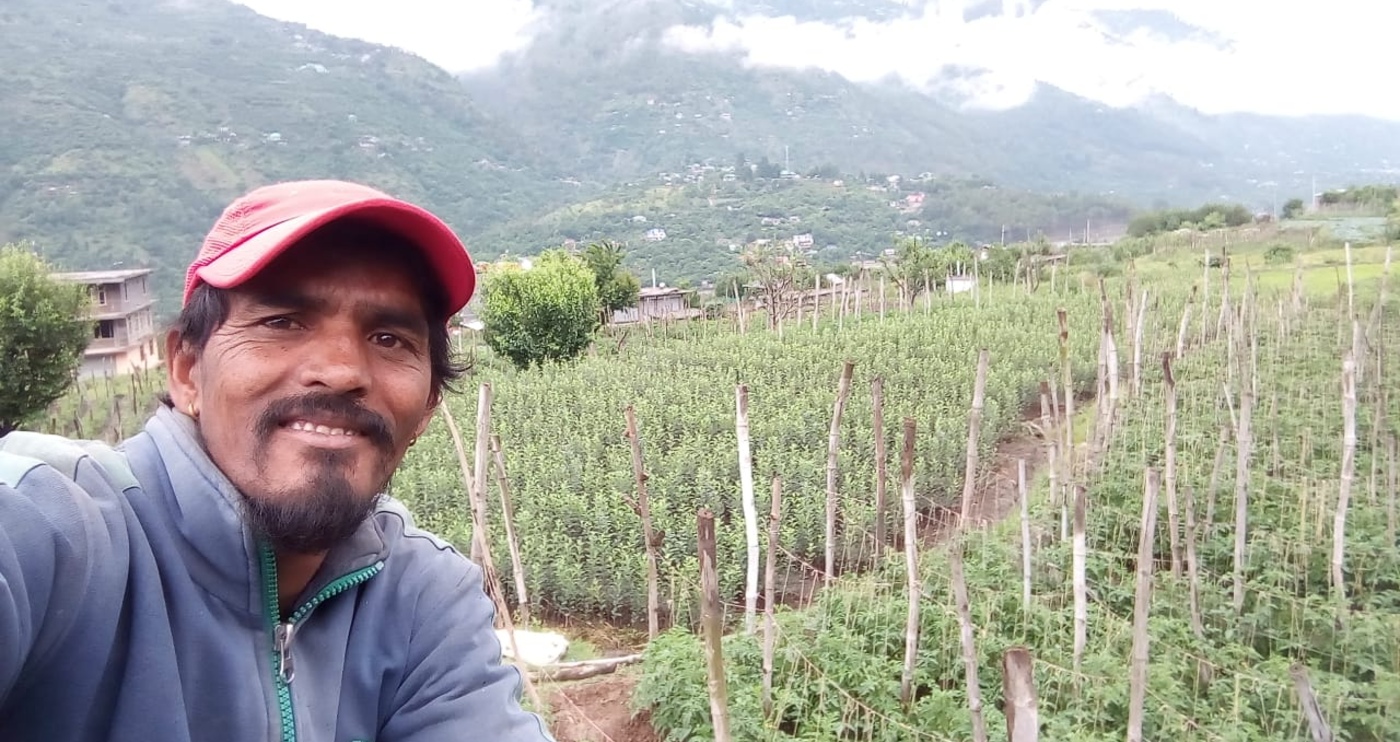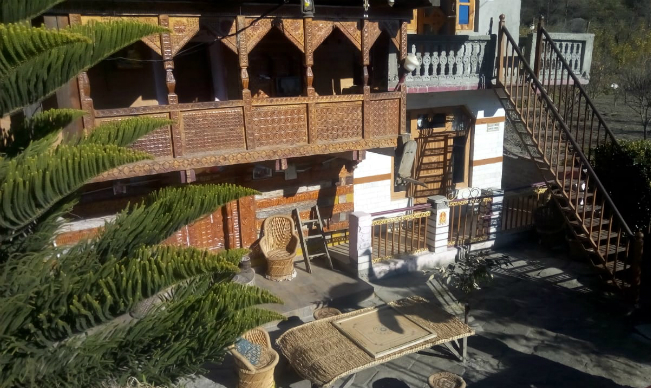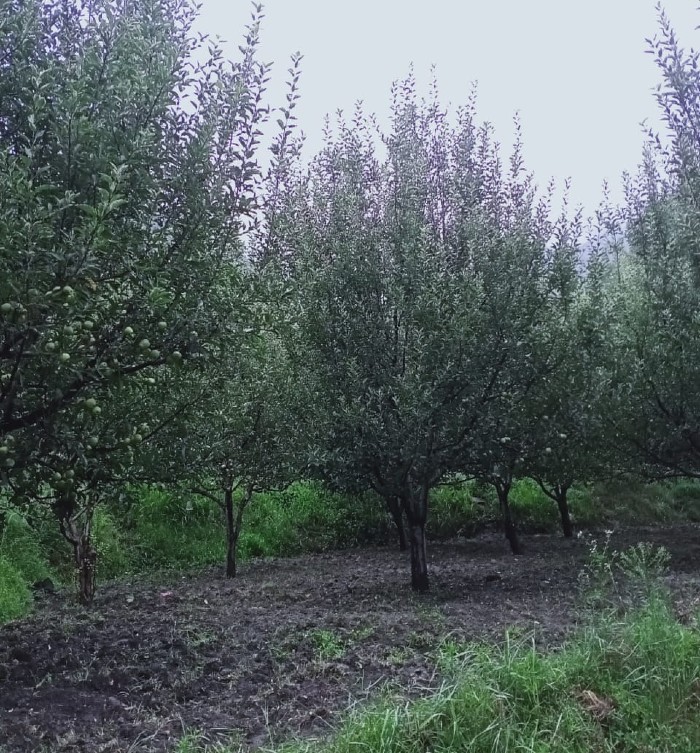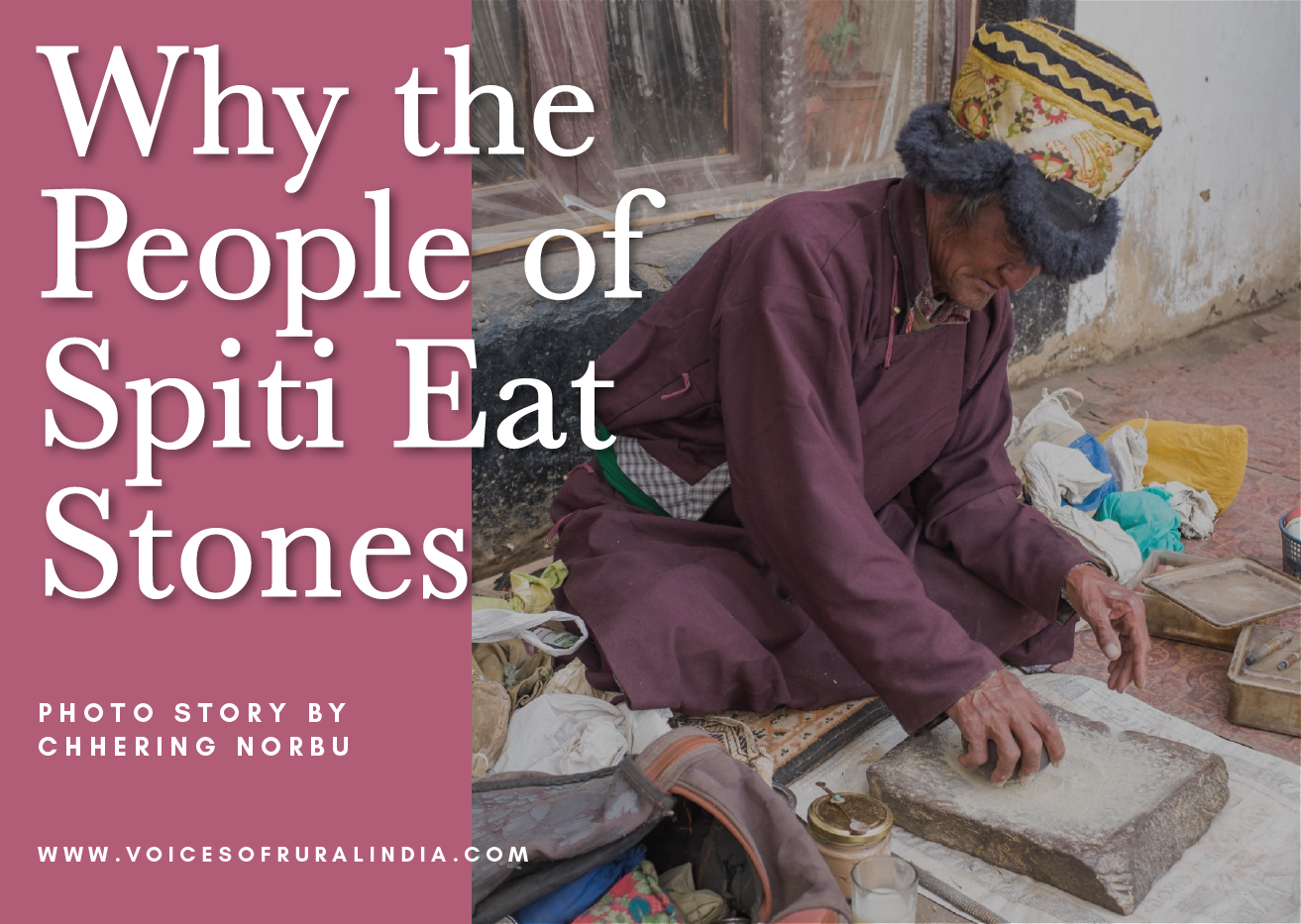
The impact of Covid-19 on individuals & communities working in tourism
25 July 2020 The Covid-19 pandemic and its domino effect of closed borders, cancelled flights, shuttered hotels and restaurants, and the complete stop of travel and tourism has severely impacted everyone dependent on this industry, one of the top job creators and income generators. In many parts of our country, individuals engaged in agriculture and in the arts and crafts sector, and many micro-entrepreneurs have bolstered their income by catering to travellers. Fishermen in Goa take tourists out to see dolphins, farmers in Himachal Pradesh have turned part of their homes into homestays, and artisans in Rajasthan conduct textile and crafts workshops. None of this is happening now. How has this complete stop in travel affected these individuals?
To find out, we bring to you RT Local - a series of conversations with those who work at the grassroots of travel and showcase their region and culture to travellers. Hear from them how they have been affected and what they think travel will look like post-Covid.
Himachal Pradesh's Kullu is a magical land. Here, the Himalayan ranges stand sentinal over valleys covered in forests and fields that grow a range of produce, from fruits to wheat. Watered by the mighty Beas, this is a fertile land shaped by ancient myths and legends. This region, quiet and laidback for most of the year, springs to life every October during the vibrant Kullu Dussehra. Here, in the pretty little vilage of Kais is the unpretentious but extraordinarily warm Kunad Homestay.

It is run by a farmer Kundan Singh and his family - wife Kala and their three daughters and a son. For the past few years they have allowed guests to stay in their traditional wood-and-stone family home set amidst vegetable and fruit farms. The homestay is family operation, with the younger lot taking care of activities like taking guests around the region to cleaning up the house. Kala cooks up local delicacies and Kundan, who goes into town to sell the vegetables and fruits grown on his land, is also at hand to impart his knowledge on farming and Kullu culture and traditions.

Tourism had helped Kundan and his family earn more and the homestay had become a steady source of income. This is extremely valuable for small farmers, who are at the mercy of nature. This year, with the pandemic and the lockdown, the Kundan Homestay is closed to guests. The Kullu travel associations have decided not to let in tourists, because of fear of spread of the deadly disease.
Kundan and his family have been gamely going about their lives as best as they can, focusing on farming. Listen to what Kundan has to say in this video:






